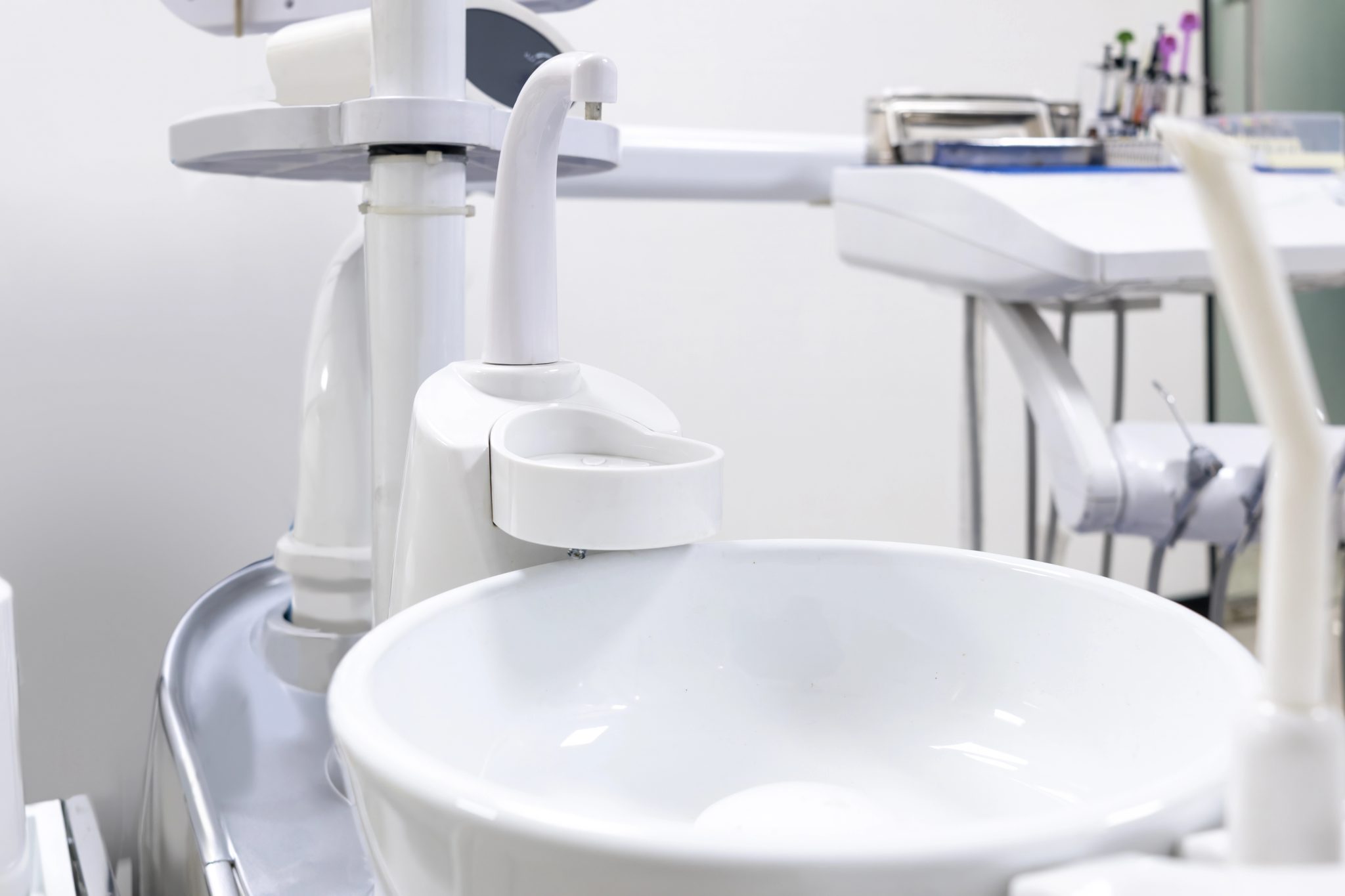Starting your own dental practice is an exciting step, but it comes with financial challenges that require careful planning. A solid financial plan acts as a guide, helping you manage costs, forecast income, and make informed decisions. Without it, you risk overspending or missing key growth opportunities.
Understanding the financial timeline is essential. From initial budgeting and securing funding to managing cash flow and planning for long-term goals, each step plays a role in your practice’s success. Knowing what to prioritize and when can reduce stress and keep your practice on track.
Table of Contents
ToggleEstablishing a Financial Foundation
A strong financial foundation is the backbone of a successful dental practice. Careful planning in the early stages helps you control costs, avoid surprises, and build a business that grows sustainably.
Assessing Start-Up Costs
Outline all necessary expenses upfront – such as office space, equipment, software, and marketing. Don’t forget to include licensing fees, legal costs, and initial staff salaries. A clear picture of these essentials reduces the risk of unexpected financial strain later.
Creating an Initial Budget
Develop a budget that balances projected revenues with expenses. Factor in start-up costs, ongoing operational needs, and loan repayments. A realistic budget not only supports day-to-day stability but also positions your practice for long-term success.
Building a Professional Team
Surround yourself with advisors who understand the dental industry. Dental-specific accountants, financial planners, and legal professionals can guide you through compliance, optimize your financial decisions, and help map out a growth strategy.
Securing Financing
Securing the right funding ensures your practice can cover start-up costs and operate smoothly until it becomes profitable. Taking a strategic approach to financing helps you find solutions tailored to your needs.
Exploring Loan Options
Look into financing options designed specifically for dental practices, such as practice acquisition loans and equipment financing. Compare interest rates, repayment terms, and lender experience to determine the best fit.
Choosing the Right Lender
Select a lender who understands the unique requirements of running a dental practice. Favour those offering flexible repayment plans, efficient approval processes, and added support services that align with your business goals.
Managing Debt Responsibly
Create a structured repayment plan tied to projected revenues. Monitor expenses carefully, adjust your budget when necessary, and set measurable milestones. This proactive approach keeps debt manageable and financial stability within reach.

Managing Cash Flow and Expenses
Effective cash flow and expense management are critical for maintaining the financial health of your dental practice. By monitoring income, creating reserves, and controlling costs, you can ensure long-term stability and growth.
Monitoring Cash Flow Regularly
Track monthly income and expenses to identify trends and prevent shortages. Use accounting software or spreadsheets to record patient fees, insurance payments, salaries, rent, and supplies. Regular reviews allow timely adjustments to spending or revenue strategies.
Maintaining a Cash Reserve
Set aside funds consistently to cover unexpected costs like tax payments or emergencies. Aim to save weekly or monthly to build a reserve that ensures operational stability during low-revenue periods or large unforeseen expenses.
Controlling Overhead Costs
Create a budget that includes rent, utilities, salaries, supplies, and marketing. Compare costs with industry benchmarks, renegotiate vendor contracts, and invest in technologies that improve efficiency. This helps reduce expenses and enhance profitability over time.
Short-Term and Long-Term Financial Strategies
Combining short-term actions with long-term objectives helps ensure the financial success of your dental practice. A structured approach to planning early operations, growth, and retirement is essential to create a strong foundation and support sustainable progress.
Planning for Early Operations
Create a detailed budget to cover startup costs like equipment, staff salaries, and office setup. Monitor cash flow to maintain liquidity, and secure loans or dental-specific financing with a repayment plan based on projected revenues.
Developing a Growth Plan
Project income by estimating patient volume and pricing services. Reinvest profits to expand services, upgrade equipment, and hire additional staff. Set clear milestones to track progress and adjust plans to manage expenses effectively.
Preparing for Retirement
Estimate future financial needs by considering personal savings and the eventual sale of your practice. Start retirement contributions early and work with dental-focused advisors to develop a succession plan, ensuring financial stability post-retirement.

Tax and Compliance Considerations
Proper tax and compliance management ensures your dental practice avoids penalties and operates efficiently. Understanding key obligations and leveraging available benefits supports financial health.
Understanding Tax Obligations
You must meet income tax, payroll tax, and healthcare-related tax requirements. Consult dental-focused accountants to ensure accurate filings and compliance with regulations.
Staying Compliant with Financial Reporting
Accurate financial records for revenues, expenses, payroll, and taxes are essential. Use dental-specific accounting software to simplify reporting and meet audit standards.
Leveraging Tax Benefits for Dental Practices
Claim deductions on equipment, office setup, and employee benefits. Work with tax experts to optimize credits for eligible expenses like eco-friendly investments.
Post-Launch Financial Management
Once your dental practice is up and running, effective financial management becomes the key to maintaining stability and fueling growth. By keeping a close eye on cash flow, managing expenses wisely, and making data-driven decisions, you can adapt to changes and stay on track toward your long-term goals.
Reviewing Financial Statements
Regularly review key financial reports – such as profit and loss statements, cash flow statements, and balance sheets – on a monthly or quarterly basis. These insights help you spot trends, address revenue dips, and manage rising costs before they affect profitability.
Adjusting Budgets as Needed
Your budget should evolve alongside your practice. Update it to reflect actual operating expenses, including staff wages, rent, and supplies. Build in contingencies for unexpected costs so you remain flexible and financially secure, even during challenging periods.
Tracking Business Progress
Monitor performance indicators like patient volume, revenue per patient, and overhead percentage. These metrics not only measure progress but also guide future investments – whether it’s upgrading equipment, expanding services, or hiring additional staff.

Building Your Practice with Confidence
Launching a dental practice is an exciting step, but navigating the financial side can feel overwhelming without the right plan in place. From estimating start-up costs and securing financing to monitoring cash flow and planning for long-term goals, each stage of the financial timeline plays an important role in your success.
That’s where Dental Tax comes in. We work exclusively with dentists, combining deep industry knowledge with proven financial strategies to help practice owners make informed decisions. Whether you’re just starting or planning for the future, our team ensures your finances stay on track so you can focus on patient care.
If you’re ready to feel more confident about your financial future, visit Dental Tax to learn how we can support your journey.
Adam has an MBA from the Richard Ivey School of Business in London and also holds a Chartered Investment Manager designation.
- Tax Return Preparation Guide for Dental Professionals - January 19, 2026
- Financial Lessons from Successful Dental Practices - January 12, 2026
- 2026 Tax Changes Affecting Canadian Dentists - January 5, 2026




